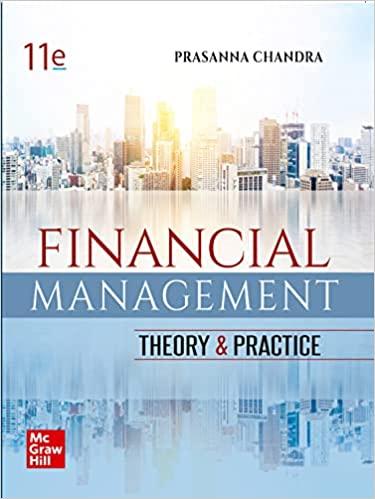An investor can invest money with a particular bank and eam a stated interest rate of 15.40%; however, interest w be compounded quarterly. What are the nominal, periodic, and effective interest rates for this investment opportunity? Interest Rates Nominal rate Periodic rate Effective annual rate Rahul needs a loan and is speaking to several lending agencies about the interest rates they would charge and the terms they offer. He particularly likes his local bank because he is being offered a nominal rate of 14%. But the bank is compounding quarterly. What is the effective interest rate that Rahul would pay for the loan? O 14.935% 0 14.929% O 15.066% 14.752% Another bank is also offering favorable terms, so Rahul decides to take a loan of $10,000 from this bank. He signs the loan contract at 10% compounded daily for nine months. Based on a 365-day year, what is the total amount that Rahul owes the bank at the end of the loan's term? (Hint: To calculate the number of days, divide the number of months by 12 and multiply by 365.) $10,455.51 $10,778.88 $10,994.46 $10,563.30 O You've decided to buy a house that is valued at $1 million. You have $300,000 to use as a down payment on the house, and want to take out a mortgage for the remainder of the purchase price. Your bank has approved your $700,000 mortgage, and is offering a standard 30-year mortgage at a 9% fixed nominal interest rate (called the loan's annual percentage rate or APR). Under this loan proposal, your mortgage payment will be month. (Note: Round the final value of any interest rate used to four decimal places.) Your friends suggest that you take a 15-year mortgage, because a 30-year mortgage is too long and you will pay a lot of money on interest. If your bank approves a 15-year, $700,000 loan at a fixed nominal interest rate of 9% (APR), then the difference in the monthly payment of the 15-year mortgage and 30-year mortgage will be 7 (Note: Round the final value of any interest rate used to four decimal places.) It is likely that you won't like the prospect of paying more money each month, but if you do take out a 15-year mortgage, you will make far fewer payments and will pay a lot less in interest. How much more total interest will you pay over the life of the loan if you take out a 30-year mortgage instead of a 15-year mortgage? . O $884,614.14 $1,034,548.74 $959,581.44 $749,673.00 Which of the following statements is not true about mortgages? If the payment is less than the interest due, the ending balance of the loan will decrease. O The ending balance of an amortized loan contract will be zero. O Every payment made toward an amortized loan consists of two parts--interest and repayment of principal O Mortgages are examples of amortized loans








